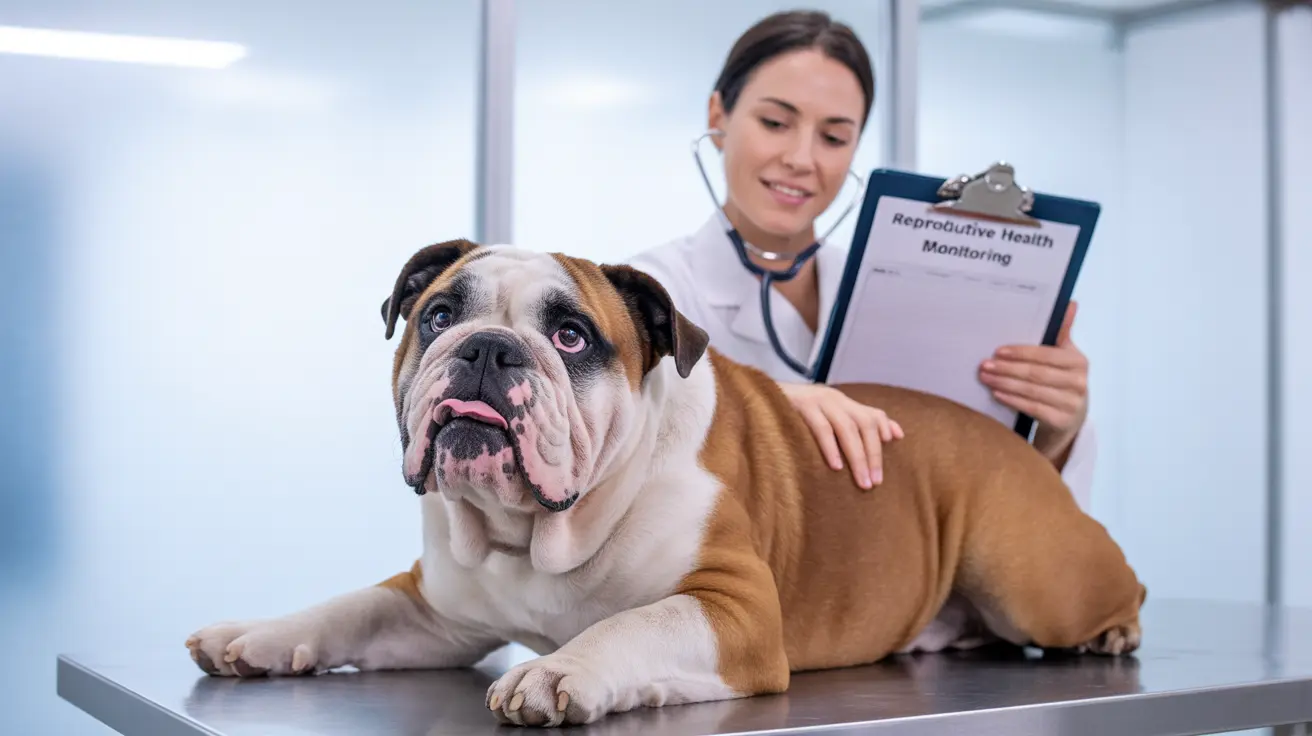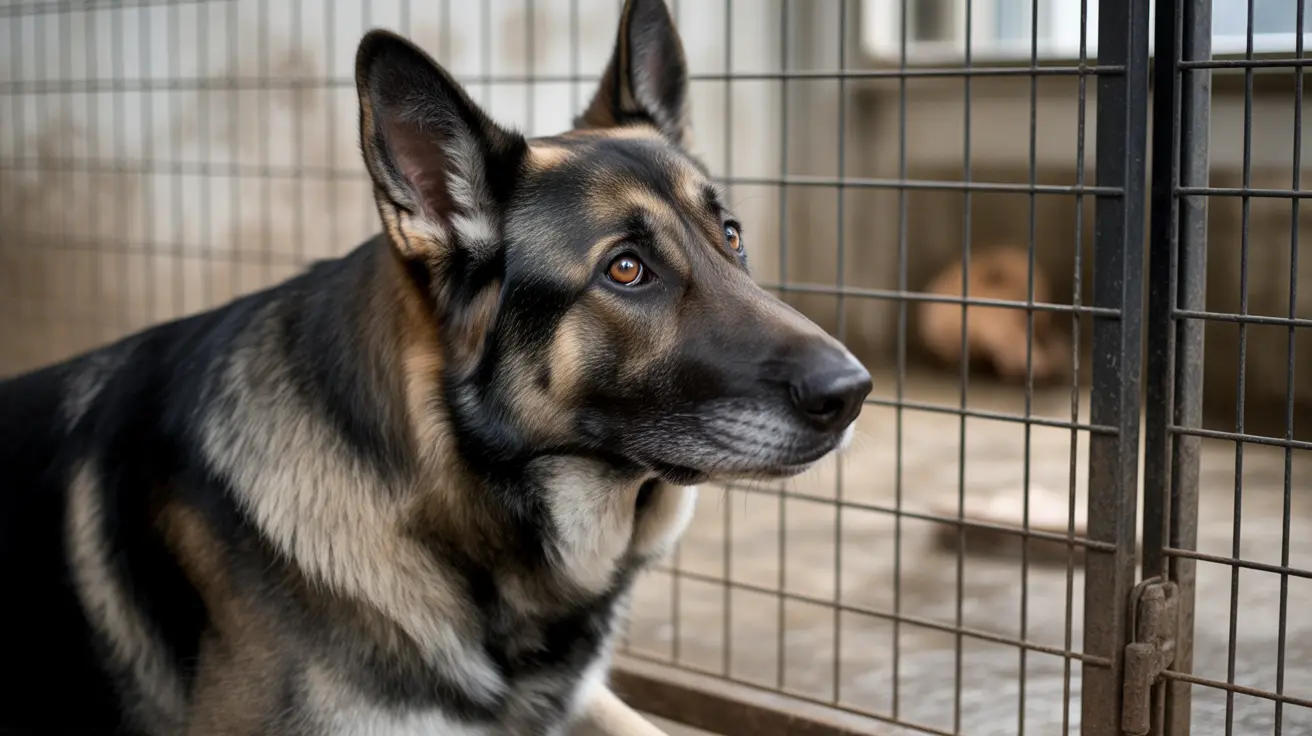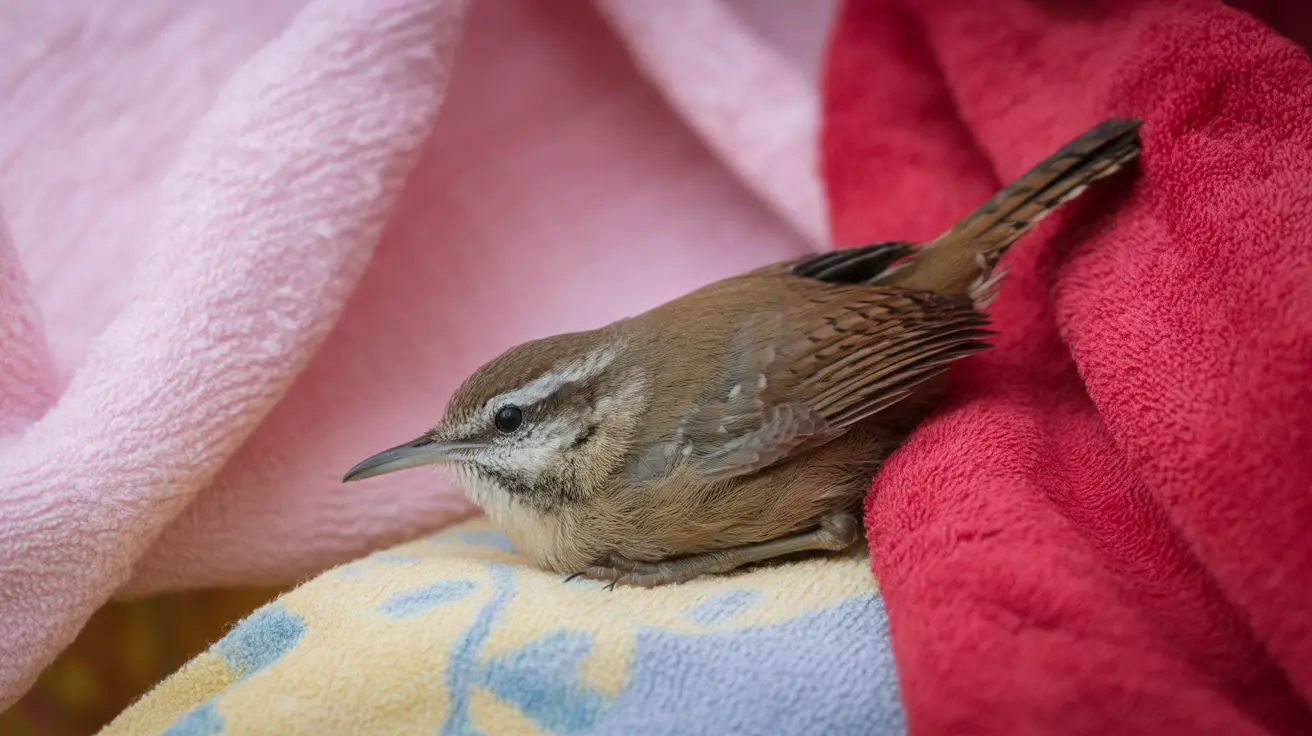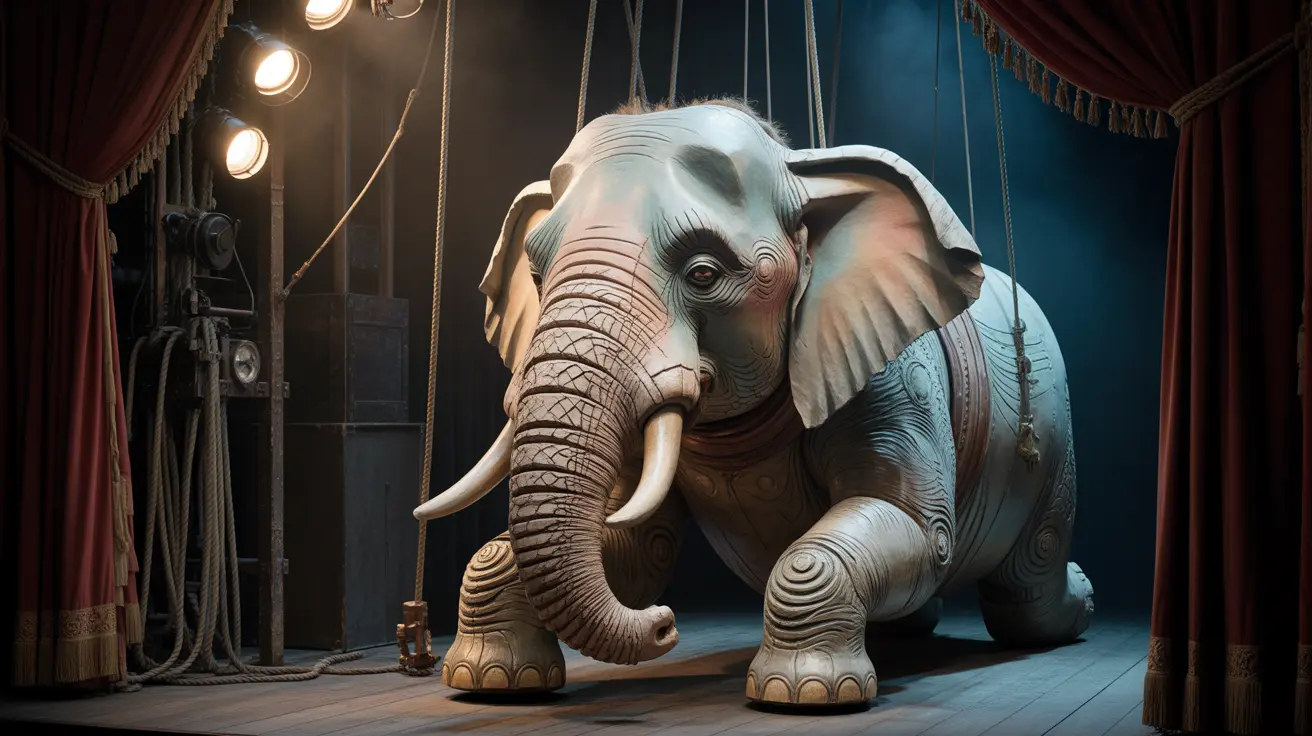English Bulldogs are beloved for their wrinkled faces and gentle personalities, but these iconic dogs face significant challenges when it comes to natural breeding. Understanding these difficulties is crucial for both current and prospective Bulldog owners, as well as anyone interested in the breed's welfare.
This comprehensive guide explores why English Bulldogs struggle with natural breeding, the medical interventions commonly required, and the underlying health concerns that contribute to these challenges.
Physical Challenges Preventing Natural Breeding
The distinctive physical characteristics that make English Bulldogs instantly recognizable are, ironically, the same features that make natural breeding extremely difficult. Their broad chests, short legs, and stocky build create significant obstacles during mating attempts.
Statistics show that only about 20% of English Bulldog litters result from natural breeding. The majority require artificial insemination due to these physical limitations. Male Bulldogs particularly struggle with mounting females because of their body structure, while females often have difficulty accommodating males during mating.
The Necessity of Medical Intervention
Due to their unique anatomy, most English Bulldogs require substantial veterinary assistance for successful breeding. Artificial insemination has become the standard practice, with specialized veterinarians or reproductive specialists performing the procedure.
Beyond conception, nearly all English Bulldog pregnancies require careful monitoring and typically end in Caesarean sections. This is because the puppies' large heads and the mother's narrow birth canal make natural delivery extremely dangerous and often impossible.
Health Issues Affecting Reproduction
English Bulldogs face numerous health challenges that directly impact their breeding capabilities. These include:
- Brachycephalic airway syndrome, which can complicate physical exertion during mating
- Hip and joint problems that affect mobility
- Respiratory issues that make natural breeding physically demanding
- Anatomical abnormalities that interfere with successful natural conception
Genetic Considerations and Breed Future
Recent genetic studies have revealed concerning trends in English Bulldog breeding. The breed's gene pool has become extremely limited due to decades of selective breeding for specific physical traits. This genetic bottleneck not only affects their ability to breed naturally but also impacts overall health and vitality.
Veterinary experts suggest that improving the breed's health and breeding capabilities may require careful outcrossing programs or revision of breed standards to promote more moderate physical characteristics.
Frequently Asked Questions
Why can't most English Bulldogs breed naturally?
English Bulldogs can't typically breed naturally due to their extreme physical characteristics, including broad chests, short legs, and heavy bodies. These features make it physically difficult or impossible for males to mount females successfully.
How common is natural mating versus artificial insemination in English Bulldogs?
Approximately 80% of English Bulldog breeding requires artificial insemination, while only about 20% can breed naturally. This high percentage of assisted breeding reflects the significant physical challenges these dogs face.
Why do English Bulldogs usually need Caesarean sections to give birth?
English Bulldogs typically require C-sections because their puppies' heads are too large to pass through the mother's narrow birth canal. Natural delivery can be life-threatening for both mother and puppies.
What health problems affect English Bulldogs that make natural breeding difficult?
Multiple health issues affect breeding, including brachycephalic airway syndrome, hip dysplasia, joint problems, and anatomical abnormalities. These conditions make physical mating challenging and often dangerous.
How can I safely breed my English Bulldog given their physical challenges?
To safely breed an English Bulldog, work closely with an experienced veterinarian specializing in reproduction. They can assess your dog's health, recommend appropriate breeding methods, and provide necessary medical support throughout the process.
Conclusion
While English Bulldogs face significant challenges in natural breeding, understanding these limitations helps ensure responsible breeding practices. Working with qualified veterinary professionals and considering the breed's health implications is essential for anyone involved in English Bulldog breeding.
As our knowledge of canine genetics and health continues to advance, there's hope that future breeding practices may help develop healthier, more naturally capable English Bulldogs while maintaining their beloved temperament and character.






